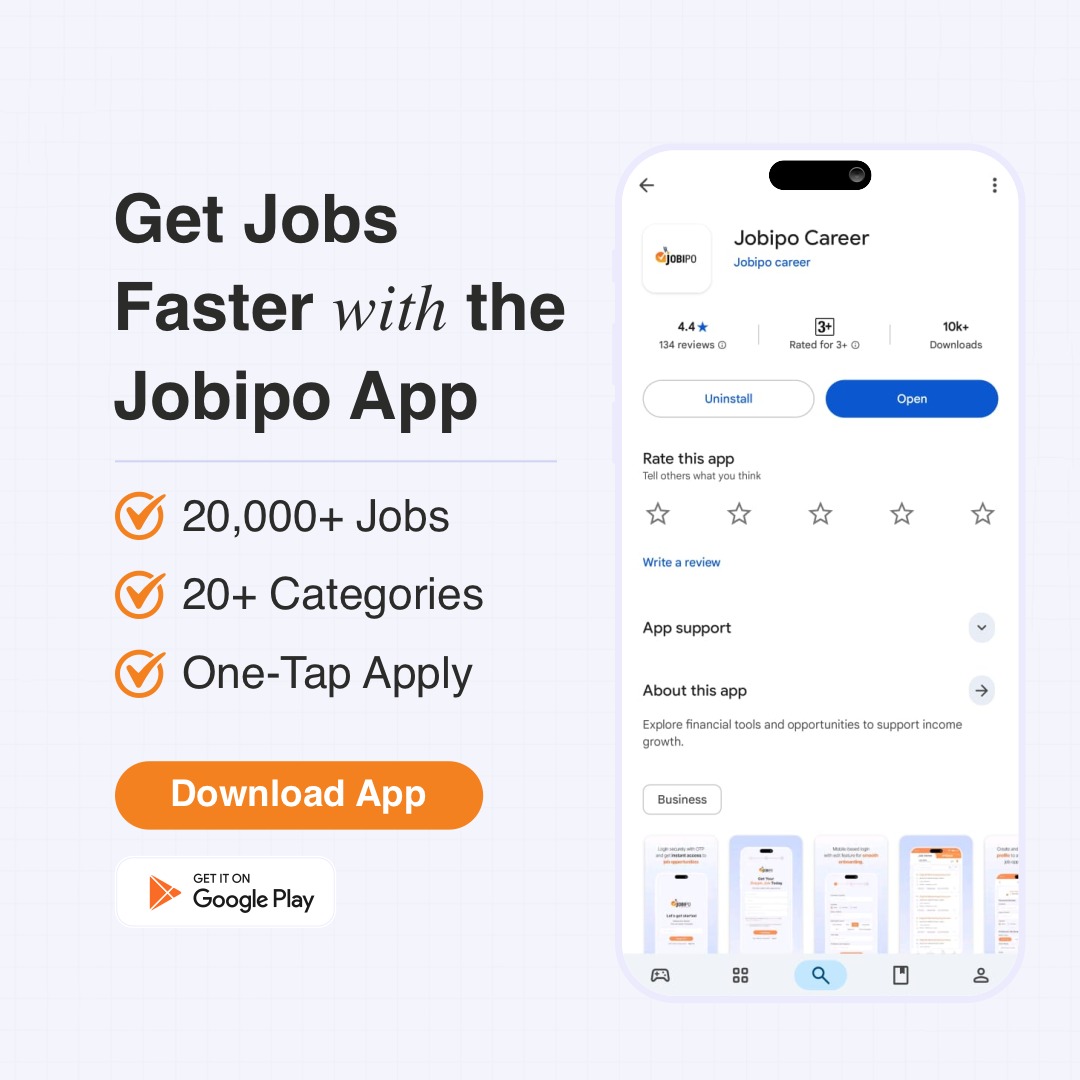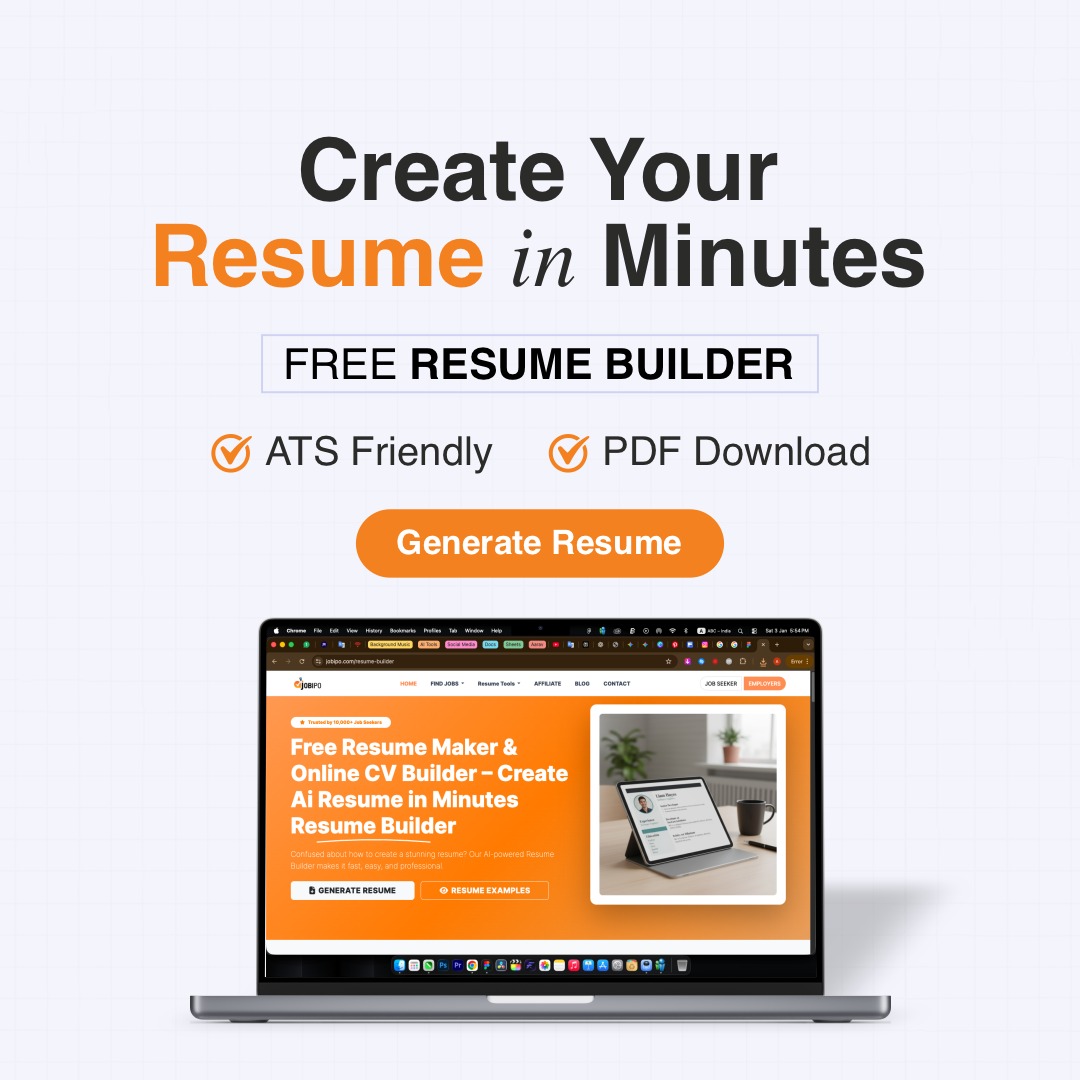When you go through all the job postings, they often look the same: a list of required skills, years of experience and maybe sometimes a few lines about company culture. Yet majorly they didn’t mention a few qualities; they are some of those few qualities that employers truly want. They are not measurable and can not be written on paper, which is why they rarely appear in job descriptions, but they often matter more than any certification or degree.
When employers interview candidates, they are quietly assessing their qualities that go beyond technical skills. They’re asking themselves: Will this person fit in our culture? Can I trust them with responsibilities? Will they add value to the team beyond their tasks? The answer lies in the qualities that aren’t often listed in the job ad. Skills are important in your career, but some are those hidden gems that are not mentioned anywhere, but they are as important as any other hard skills. They hold the power to give you a stable career along with your hard skills.
Why these Qualities Stay Hidden
So, why don’t employers list these qualities in job descriptions if they’re so important? The answer is simple: they are hard to measure. Anyone can write ‘adaptable’ or ‘resilient’ on their resume, but employers prefer to see proof during interviews, through references, or in real workplace behaviour. That’s why they remain as unspoken expectations rather than written requirements.
Top 10 Qualities that Employer Wants
Here are those hidden but highly valued qualities:
1. Common Sense
Job description talks about decision-making, but they rarely highlight common sense. Employers want employees who can apply logic and practical thinking to solve everyday problems. Imagine two employees faced a small issue-like a printer not working. One waits for the IT to come and handle it, while the other quickly checks the basics and resolves it. The latter one saves time and shows initiative. Common sense might sound simple, but it makes a huge difference in how smoothly a team functions.
2. Curiosity
Curiosity drives growth. Employers appreciate those people who go beyond the job description and ask, “Why do we do things this way?” or “How can we improve this process?” For example, a curious marketer might explore new social media trends before being asked, giving the company an early advantage. A curious developer might test out the tool to make the coding better. Curiosity shows that you’ve invested, not just in doing your job, but in making things better.
3. Adaptability
Workplaces nowadays are unpredictable-new technology, changing markets, unexpected challenges. Adaptability is the ability to stay calm and adjust to changes quickly. Employers rarely put “must stay positive in chaos” in a job description, but that’s exactly what they want. Think about 2020: companies that survived depended heavily on adaptable employees who shifted to remote work, learned new tools, and kept things running despite uncertainty. Adaptability is what turns change into opportunity.
4. Emotional Intelligence
Technical expertise can land you a job, but emotional intelligence helps you grow in it. This includes self-awareness, empathy and the ability to handle conflicts. Employers value employees who can read a room, calm tense situations, and build strong relationships. For example, a project manager with high emotional intelligence won’t just meet deadlines; they’ll ensure team morale stays high. It’s often the difference between something being “good at their job” and being seen as a true leader.
5. Proactiveness
Many job descriptions say “self-starter”, but what they really mean is proactiveness -the ability to see problems before they escalate and act without waiting for orders. For instance, an employee who notices a customer complaint pattern and suggests improvement before it turns into a bigger issue has more worth than a degree owner. Employers want people who take initiative, because it reduces risks and shows commitment.
6. Positive Attitude
It may sound like a normal thing, but attitude shapes a person’s work environment more than most of the people realise. Employers don’t want negativity to drag down a team. A positive attitude doesn't mean being unrealistically cheerful; it means approaching challenges with optimism and resilience. In tough times, someone who says, “d“This will never work” makes all the difference. Team perform better when positivity is present.
7. Coachability
No one is perfect, and every job requires learning. Employers value people who can take constructive feedback without defensiveness. A coachable employee sees feedback as a chance to grow, not as criticism. For example, if a designer’s work needs revisions, being open to feedback and improving quickly shows maturity. Companies want learners, not ‘I know it all’, because industries change constantly.
8. Ownership
Ownership means treating your tasks as if they are your personal responsibility, not just items on a checklist. Employers want employees who don’t say “That’s not my job” but instead step up to ensure things get done. Imagine a customer service rep who notices a recurring problem in the system. Instead of ignoring it, they raise it with the tech team. That’s ownership, caring about results, not just duties.
9. Discretion
Trust is one of the most valuable workplace currencies. Employers mainly look for those people who know how to handle sensitive information responsibly. This could mean keeping client data private or not spreading internal gossip. Discretion creates confidence both with the team and with clients. Companies rarely put “must avoid gossip” in job postings, but every manager values employees they can trust with important information.
10. Resilience
Setbacks are unavoidable: missed deadlines, failed projects, lost clients. Employers want people who can stand back without losing motivation. Resilience doesn’t mean ignoring your failure; it means learning from the failure and moving forward stronger. For example, a salesperson who loses a big deal but still shows up the next day ready to try again is an achievement in itself. Resilient employees keep teams steady when things don’t go as planned.
How can Job Seekers Show These Qualities to Recruiters:
If you’re applying for jobs, understanding these hidden gems can give you a boost.
Here’s how to put them to work:
- In interviews: Share the stories which highlight your adaptability, resilience or proactiveness.
- On your resume: Use examples instead of adjectives. Write “led a team through a sudden shift to remote work” instead of just “flexible”.
- At Work: Don’t tell, directly show them with your work. Display ownership, common sense and curiosity in your day-to-day actions.
Final Thought
Job descriptions will always list hard skills, but the real difference between a good hire and a great hire lies in these qualities. Employers want employees who can think, adapt, collaborate and take responsibility. If you can develop and show these traits, you won’t just fit into a role, but you’ll stand out and build a lasting career.













Comments